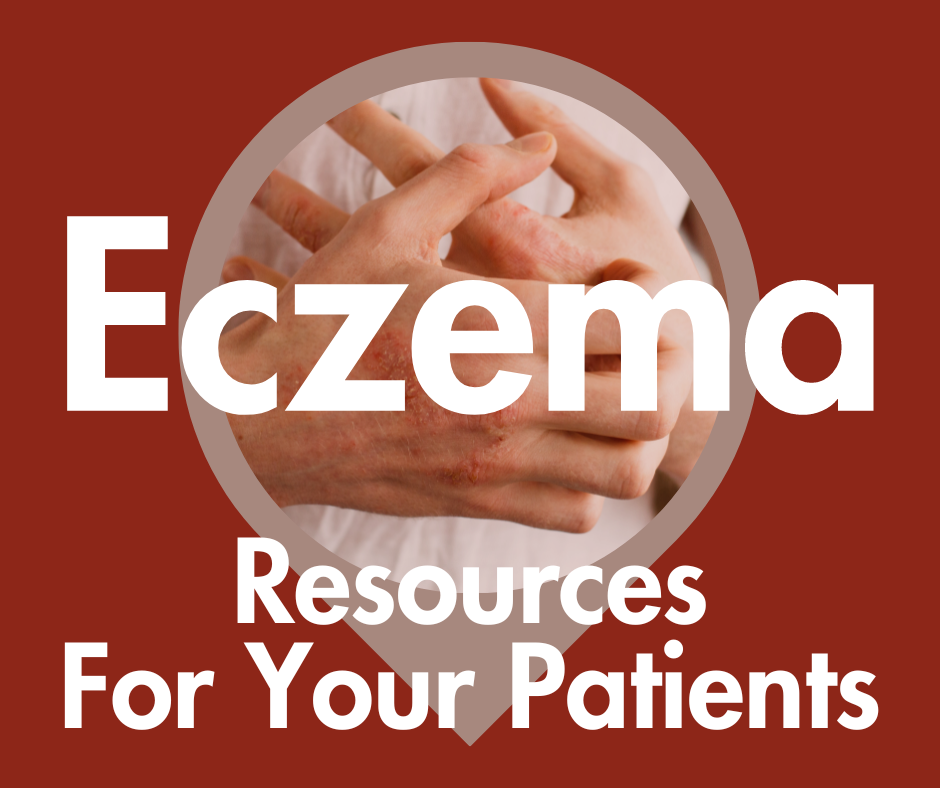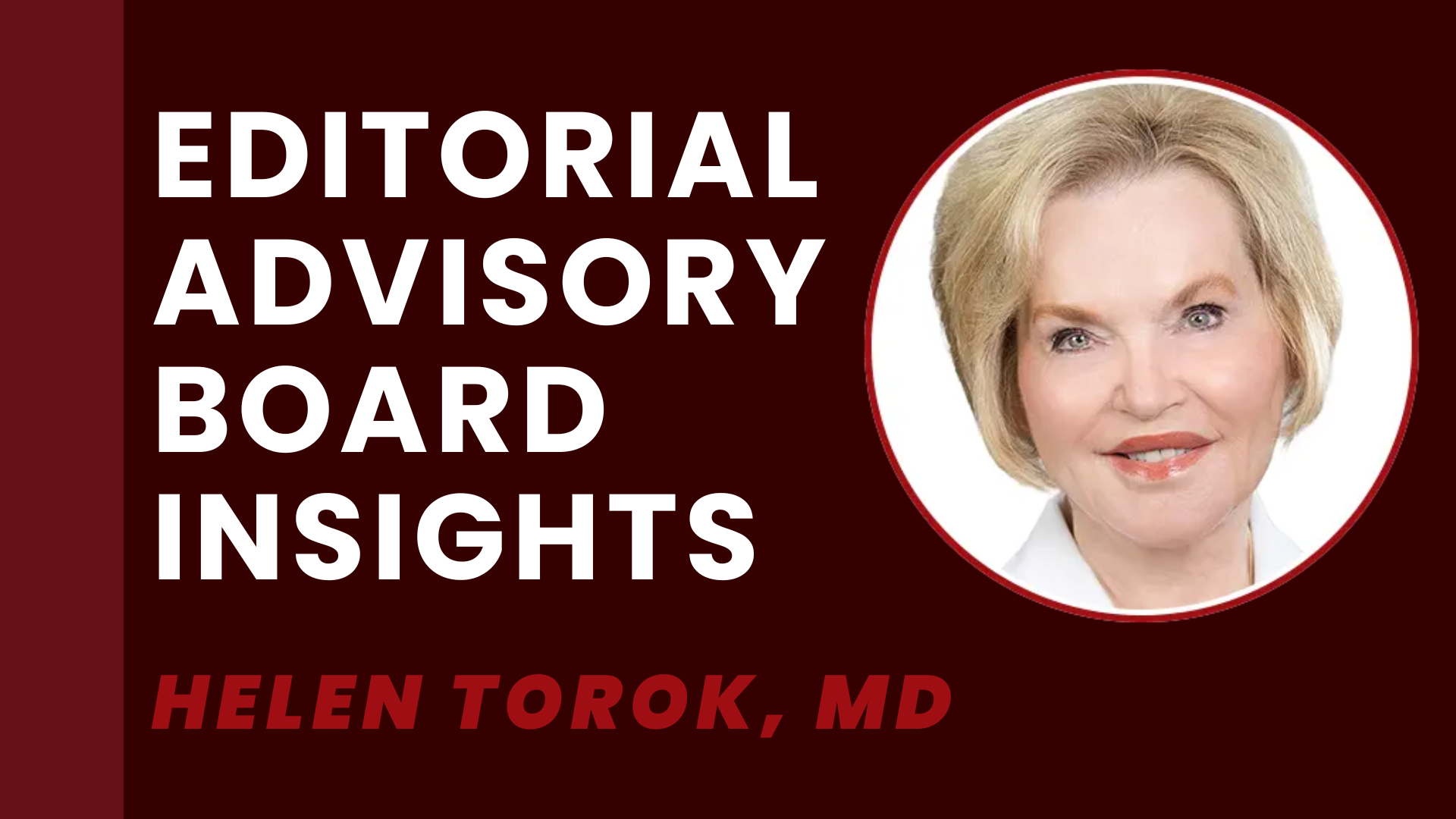- Acne
- Actinic Keratosis
- Aesthetics
- Alopecia
- Atopic Dermatitis
- Buy-and-Bill
- COVID-19
- Case-Based Roundtable
- Chronic Hand Eczema
- Drug Watch
- Eczema
- General Dermatology
- Hidradenitis Suppurativa
- Melasma
- NP and PA
- Pediatric Dermatology
- Pigmentary Disorders
- Practice Management
- Precision Medicine and Biologics
- Prurigo Nodularis
- Psoriasis
- Psoriatic Arthritis
- Rare Disease
- Rosacea
- Skin Cancer
- Vitiligo
- Wound Care
News
Article
Eczema Resources for Your Patients: Week 4
Author(s):
Prepare your patients with helpful resources during National Eczema Awareness Month.

October is National Eczema Awareness Month, and Dermatology Times is spotlighting a variety of resources each week to share with your patients. According to the National Eczema Association, 1 in 10 people have eczema and face continued stigma regarding their skin.1
Follow along throughout the month as additional resources are included. If you have a specific resource or association that you recommend, email us at DTEditor@mmhgroup.com to tell us more.
A global network for eczema and atopic dermatitis resources, AltogetherEczema provides patients with descriptions of eczema and its subtypes, self-management tips, available treatment options, how to schedule a physician visit, eczema-related conditions, and more. Additionally, patients interested in sharing their stories with others to promote awareness can upload and share their story directly on the website.
2) Pfizer – Eczema Inside Out Resources
Pfizer created a patient resource center with a discussion guide for people living with eczema, a patient perspective video on shared decision making, an eczema caregiver’s guide, and a collection of frequently asked questions. The downloadable discussion guide can be filled out by patients before their next appointment to help them clearly record their physical symptoms, mental well-being, treatment goals, and more. Additionally, the caregiver's guide can be filled out regarding the patient’s needs and how their caregivers can support them.
3) International Eczema Council
The International Eczema Council is an online hub of eczema content for both clinicians and patients. In the patient portal, patients can participate in an atopic dermatitis virtual program, created in collaboration with Medscape Education. Patients will learn more about the impacts of eczema as well as how to explain their concerns to clinicians. Other resources from the International Eczema Council include understanding eczema, signs of eczema, an explanation of what causes eczema, understanding if there is a “cure” for eczema, and the relationship between eczema and allergies.
4) Global Parents for Eczema Research (GPER)
GPER is a “grassroots, parent-led non-profit organization that advances research and policy changes that lead to better treatments and prevention strategies for moderate to severe eczema in children.” GPER’s core programs include support for eczema caregivers, the Eczema Breakthrough Podcast, patient- and family-centered research, and a global effort to improve eczema care worldwide. GPER’s newest resource for families managing eczema is the Treatment Navigator. The Treatment Navigator highlights treatments currently available or in clinical trials and then categorizes them by topicals, orals, and injectables.
Reference
- October is Eczema Awareness Month. National Eczema Association. Accessed September 25, 2023. https://nationaleczema.org/eczema-awareness-month/
Newsletter
Like what you’re reading? Subscribe to Dermatology Times for weekly updates on therapies, innovations, and real-world practice tips.





